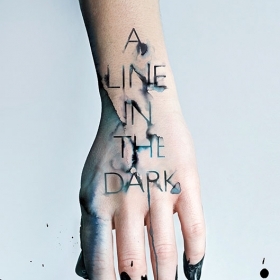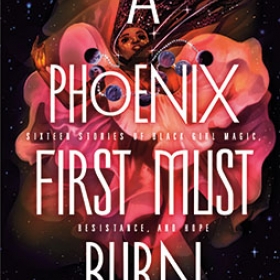In Last Night at the Telegraph Club, the latest young adult novel from Malinda Lo ’96, a night at a San Francisco lesbian bar in 1954 changes Lily Hu’s life. At home in Chinatown, Lily doesn’t speak about her midnight adventure with classmate Kath, but she goes back to the Telegraph Club, grows closer to Kath, and falls in love during those secret nights. With purposeful prose, Lo brings the 1950s setting and Lily’s devotion to her family to life alongside the thrilling discovery of what it means to want someone.
Though the book is Lo’s first work of historical fiction, she navigates the genre with ease. Brief timelines situate Lily’s senior year—and her family history—in its larger political context, and a handful of scenes depicting Lily’s parents and aunt’s younger lives provide more personal context for Lily’s Chinese American experience. Lily’s story includes her parents’ story, which could have taken her to a life in Shanghai if Japan had not invaded China when it did. Lily’s story includes her aunt’s career at the Jet Propulsion Lab, which inspires her interest in aeronautical engineering. Lily’s story also includes San Francisco gay bars being raided by the police. Her experiences both align with those of the generation before her and diverge from them, as she explores a new world with Kath’s hand in hers.
Though the timelines and the anti-Communism, pro-conformity politics anchor the plot to the 1950s, the novel’s exploration of intersectionality will fit on a bookshelf alongside contemporary queer, feminist novels. Lily’s queer identity and her Chinese American identity are inextricable. Strangers label Lily a “China doll” both out on city streets and inside the walls of the Telegraph Club. Being a Chinese American girl outside of Chinatown isn’t particularly safe, and being a lesbian most places in San Francisco isn’t safe, either.
Lesbians of color, Lo writes in her author’s note, are frequently left out of history books. With Last Night at the Telegraph Club, Lo brings queer Asian American women’s history to center stage. Lily describes Kath as feeling precious and miraculous—and Lo’s novel feels the same. Precious because of how valuable Lily’s journey of self-discovery and bravery will be for readers; miraculous because Lo so skillfully captures a fraught political moment and an intimate personal narrative in one novel, and pays apt attention to each.
Olivia Funderburg ’18 is a publishing professional whose work focuses on diverse books and equity in education.








We ask that those who engage in Wellesley magazine's online community act with honesty, integrity, and respect. (Remember the honor code, alums?) We reserve the right to remove comments by impersonators or comments that are not civil and relevant to the subject at hand. By posting here, you are permitting Wellesley magazine to edit and republish your comment in all media. Please remember that all posts are public.